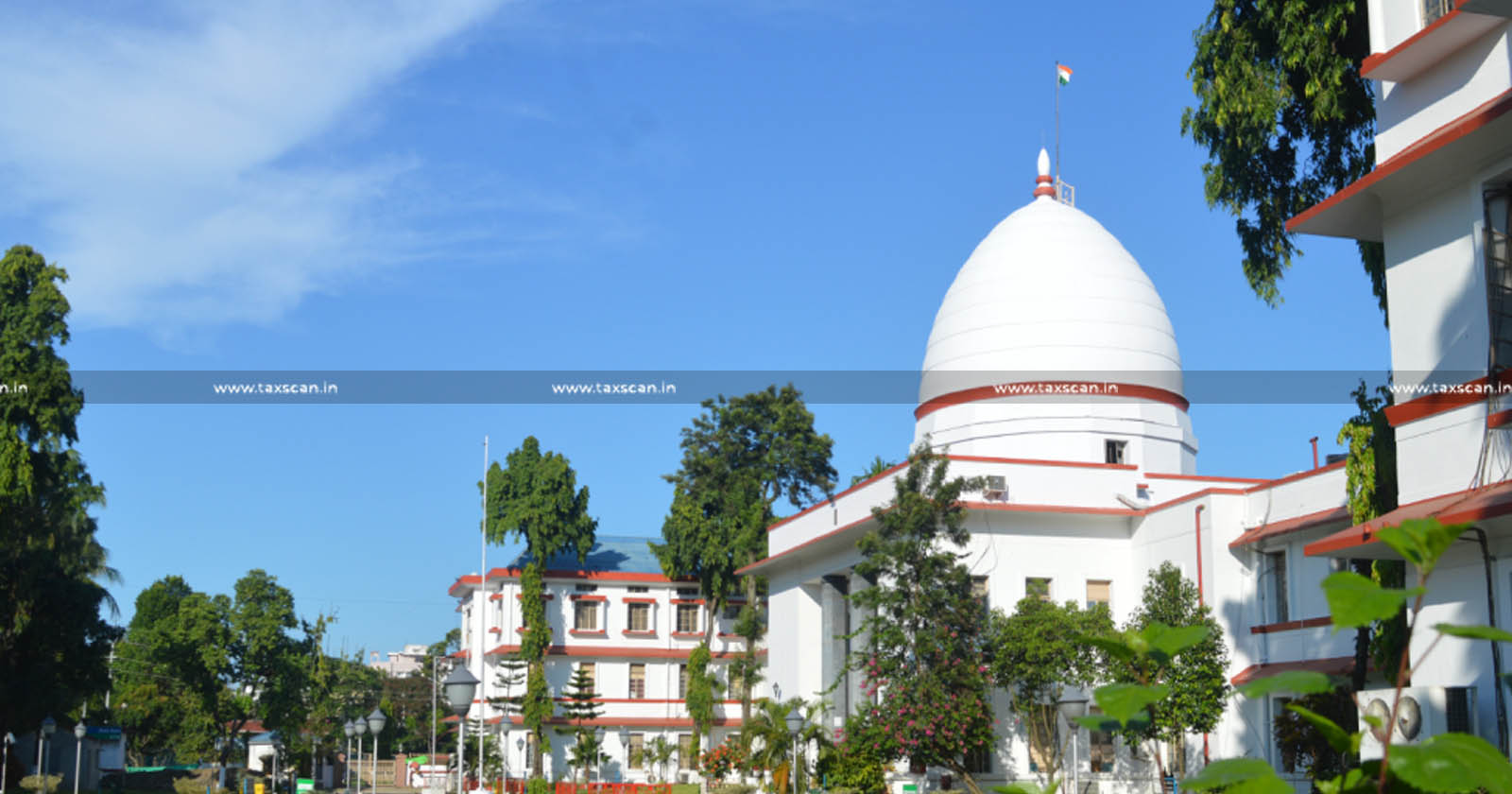Interest not Leviable in Absence of Taxable due under Assam General Sales Tax Act: Gauhati HC [Read Order]
The court held that the assessing officer and the appellate authority also could not have made the assessment for payment of interest or passed the order made by the Division Bench in the Writ Petitions

Gauhati HC – Gauhati High Court – AGST Act – Assam General Sales Tax Act – Interest Not Leviable – Taxable Due – taxscan
Gauhati HC – Gauhati High Court – AGST Act – Assam General Sales Tax Act – Interest Not Leviable – Taxable Due – taxscan
The Gauhati High Court has held that interest is not leviable in the absence of taxable due under the Assam General Sales Tax Act, 1993. The court held that the assessing officer and the appellate authority also could not have made the assessment for payment of interest or passed the order made by the Division Bench in the Writ Petitions.
Indian Oil Corporation ( IOCL ), the petitioner assessee, has been purchasing various petroleum products from BRPL on payment of sales tax as per the provisions of the Act, 1993. The Union of India constituted the Oil Prices Committee, and the committee recommended that the dealers sell their products at the prices fixed by the Central Government. The prices fixed by the Central Government included a surcharge to be collected from buyers and deposited in the “Oil Pool Account." The recommendation was adopted by the Union of India on December 16, 1977.
The Superintendent of Taxes took the view that since the sale price of the petitioner company is more than 40% of the purchase price, the second sale was to be treated as the first sale. Therefore, the company was liable to pay tax on the second sale, considering it to be the first sale in the State of Assam. The view was based on the explanation of Section 8(1)(a) of the Assam General Sales Tax Act, 1993, read with Rule 12 of the Assam General Sales Tax Rule, 1993.
The petitioner company raised an objection to the proposition on the ground that the amount of surcharge collected on behalf of the Central Government is also included in the sale price. Therefore, the sale price for the purpose of the Act, 1993, should be determined after deducting the amount of surcharge collected by the petitioner company on behalf of the Central Government, which had to be contributed to the “Oil Pool Account.”.
The writ petition filed was dismissed by a coordinate bench holding that the amount of surcharge collected by the petitioner company, even though passed onto the Oil Pool Account, had to be included in the sale price, as defined under Section 2(34) of the Act, 1993.
On appeal, the Apex Court set aside the impugned notices as well as the assessment made in the meantime and remanded the matter to the assessing authority to resolve the factual controversy over whether the appellant company had collected sales tax from consumers through various dealers on the entire resale price. If the answer is yes, the appellate company would be liable to deposit the entire sales tax amount collected from the consumers along with 9% interest from the date of collecting the amount towards the sales tax.
The single bench of Justice Arun Dev Choudhury has observed that the court under the same jurisdiction must have similar opinions regarding similar questions, issues, and circumstances. If opinions given on similar legal issues are inconsistent, then instead of achieving harmony in the judicial system, it will result in judicial chaos.
The court found that the assessment orders were set aside by the Division Bench in its order, and the Division Bench held that once the assessment orders of the authorities are set aside and the matter is remanded back and assessed, no taxable interest can be levied. The court held that the assessing officer and the appellate authority also could not have made the assessment for payment of interest or passed the order made by the Division Bench in the Writ Petitions.
To Read the full text of the Order CLICK HERE
Support our journalism by subscribing to Taxscan premium. Follow us on Telegram for quick updates


